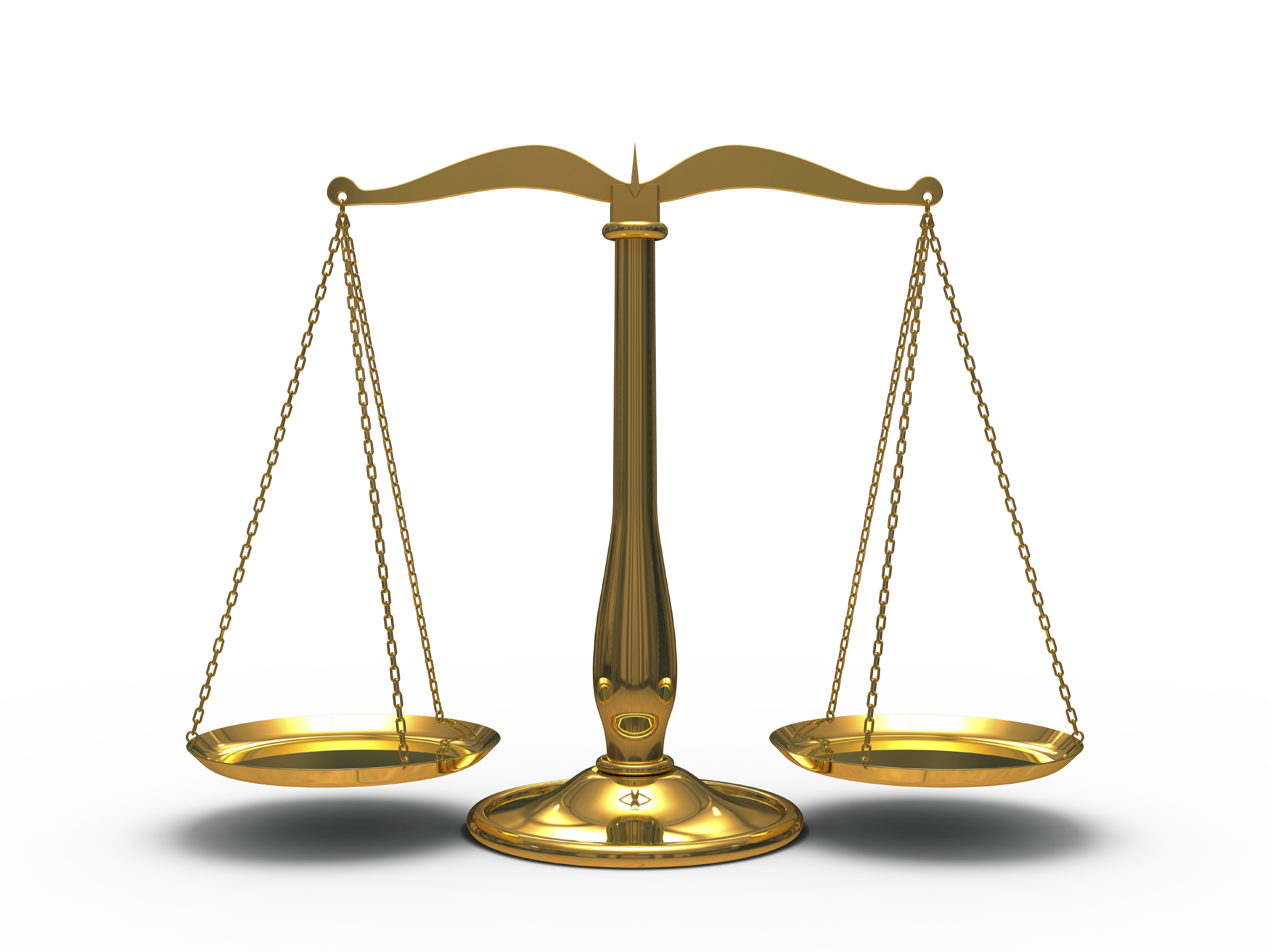AARP Hearing Center

Alaskans place a very high value on independence. In a land that is often challenging, we are proud to be self-sufficient and prepared for the unexpected. Oftentimes, being prepared can mean having the right tools to meet the challenge.
However, the right tools are not always a hammer, chainsaw, shovel or an axe. Sometimes they’re legal tools that help a person get through other difficulties. Among the most important of these is the ability to delegate power of attorney, which is basically giving someone who you trust the authority to speak or act on your behalf.
Why would you want that? Well, for starters it is very useful for transacting a business or real estate deal when you are out of town. You can give someone the authority to carry out the necessary paperwork for you, as if it were you, through a general power of attorney. These arrangements are very common and they are simple, specific, and usually limited to the task and time frame at hand.
But there is another use for power of attorney that has even more to do with the idea of self-determination and being prepared. This is when a person is unable to speak for oneself, perhaps due to an accident or an illness. It could be temporary or long term, but authorizing a person to speak or act as if it were you can make a big difference in doing things your way. Without a delegated authority, your fate, care or financial decisions could potentially become those of the court, which may not have any knowledge of your personal wishes or preferences.
Another feature of a power of attorney makes it ideal for maintaining self-determination. Power of attorney can become active only in the event of incapacity or the inability of a person to speak for oneself. Until that time, it remains a tool in the toolbox, unused, but ready.
To help protect your finances and your wishes, AARP supports the use of powers of attorney because as we get older there are more occasions where a trusted family member or friend is needed to step in, if only for a while.
But age should not be an issue, because circumstances like an accident or major illness can happen to anyone at any time. Having already legally authorized another person who you know and trust to speak in your behalf can give you peace of mind and confidence that your wishes will be the deciding ones.
Keep in mind, there are two kinds of powers of attorney: (1) General, which are typically used to handle financial matters; and (2) Health care, used to make decisions about what treatment is to be given. In either case, the main thing is to delegate your authority to someone you trust, and someone you have told what your preferences are. This is how self-determination is maintained. A person acting for another cannot be expected to speak for them unless they have been informed first. Having conversations about your wishes with your family or close friends is crucial. AARP’s downloadable Prepare to Care guide can help you start those conversations and build a team that can best support you and your wishes.
Also note that power of attorney is a good tool that can be used, changed, revoked, and put back in the toolbox at any time. It is entirely up to you. Alaska’s power of attorney laws help protect each of us and our own interests (keep in mind that these laws are different in each state). You can get more information about how powers of attorney work by consulting with a doctor, financial planner, or legal expert.
You can also find more information to help you or your family with caregiving needs at AARP’s Caregiving Resource Center.
Ken Helander is the Director of Advocacy for AARP Alaska. He can be reached at khelander@aarp.org or 907-762-3314.































































